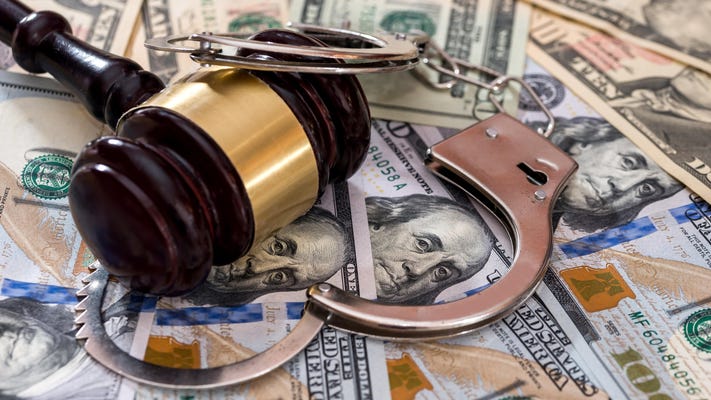Asset forfeiture is a legal process by which the government can seize property that it believes is connected to a crime. This may include cash, vehicles, and real estate or any property.
It is crucial to seek legal advice if you receive an asset seizure notice. Failure to respond quickly can damage your ability to defend your rights in court and win your property back.
Seizure of Property
The seizure of property is a legal process used by law enforcement. It involves the confiscation of a person’s money, cars or homes that are thought to be related to crimes.
Asset forfeiture is a controversial practice that is becoming more and more common throughout the country. While the process was once meant to cripple large-scale criminal enterprises by diverting their resources, today police departments use civil asset forfeiture for their own profit rather than crime-fighting.
As a result, innocent people end up paying more to get their property back than the value of the property itself. And this problem is getting worse every year.
Notice of Seizure
If you own a business that owes the IRS money, and you have been unable to collect that debt through voluntary payments or bank levies, the IRS will take physical possession of your assets until you are able to settle your tax debt.
Once your property is seized, you will receive a Notice of Seizure from the federal seizing agency. This will list a description of the property and tell you when, where and why it was seized.
The Notice of Seizure is important because it will determine what options you have to get your property back. The most common option is to make an offer in compromise, but this is not always an option, especially if you are behind on your taxes and cannot afford the costs of a settlement or lawsuit.
In criminal forfeiture cases, evidence that ties the asset to the crime or the criminal proves crucial. This is why it’s important for officers to review their evidence with the forfeiture prosecutor before they file a civil complaint for the asset.
Adversarial Preliminary Hearings
A preliminary hearing is usually a short trial-like appearance where the prosecutor and defense attorney go head to head to see if there is probable cause for a defendant to be charged with a crime. This is an important step because it allows the defense to check out the government’s evidence and gage how strong or weak they may be before the case goes to a trial.
Florida Rules of Criminal Procedure require that a judge hold a non-adversarial preliminary probable cause determination within 48 hours of an arrest or if the defendant is on pretrial release and requests one. If a court finds that there is no probable cause, the defendant can be released without further admonishment.
If a defendant is released under these circumstances, it is not possible for the State Attorney’s Office to charge the defendant in the future unless they file an information within 21 days of the initial arrest. However, in those cases where the State fails to file the information within that time period, the defendant can be given an adversary preliminary hearing if the State does not file any formal charges against them.
Final Hearing
If your case is “fully contested,” it will proceed to a final hearing, which will be listed for several days (sometimes over weeks). At the hearing, you and the other party will present your evidence.
This is often the most stressful aspect of a case. There is a lot of preparation that goes into final hearings, so it is important that you and your lawyer are well prepared.
After cross-examination, barristers will give their closing submissions on behalf of each side. The Judge will then either hand down Judgement orally (usually after a brief recess), or he will write up the Judgment and make it available for you to read.
Asset forfeiture has been a very common method of police and law enforcement agencies taking property that they believe to be connected with criminal activity. If you believe that your property has been wrongfully confiscated, it is crucial to retain an experienced asset forfeiture attorney to defend you and to help you to recover your property.
